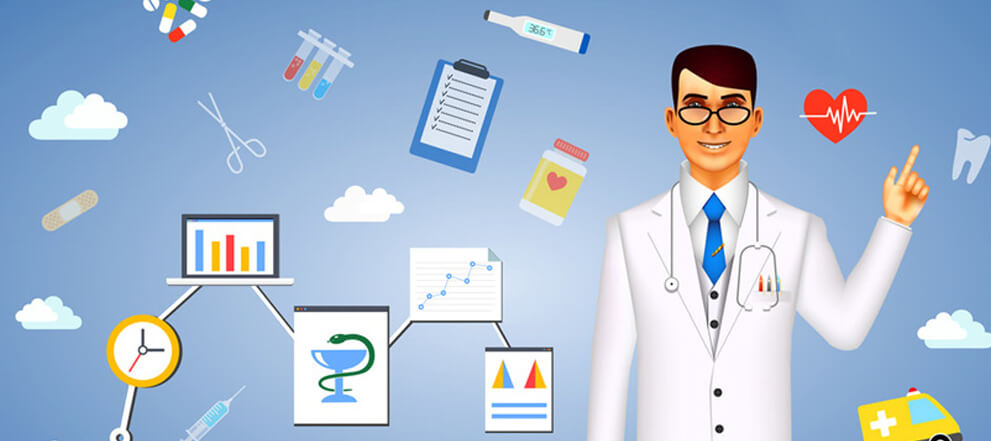
In this dynamic realm of healthcare, the integration of Information Technology (IT) services has emerged as a transformative force, redefining how we approach patient care and operational efficiency. From the digitization of health records to the advent of telemedicine and sophisticated data analytics, IT services have become the linchpin in the modernization of healthcare systems. This post delves into the pivotal role played by IT services in revolutionizing the healthcare landscape, exploring key facets, ultimately shaping a more connected, efficient, and patient-centric healthcare ecosystem.
Electronic Health Records (EHR):
One of the cornerstone applications of 8a certified IT services in healthcare is the development and implementation of Electronic Health Records (EHR). EHRs digitize patient information, providing a comprehensive and accessible database for healthcare professionals. This shift from traditional paper-based records to electronic formats has increased data accuracy and facilitated seamless information sharing among different healthcare providers. With instant access to patient histories, diagnoses, and treatment plans, medical professionals can make informed decisions, improving patient outcomes.
Telemedicine and Remote Patient Monitoring:
The emergence of telemedicine has been accelerated by IT services, bringing healthcare services directly to patients' fingertips. Through video consultations, messaging, and remote monitoring tools, patients can access medical advice without the need for physical visits. This primarily benefits individuals in remote areas or those with mobility issues. IT services enable secure and efficient communication between healthcare providers and patients, ensuring timely intervention and reducing the strain on healthcare facilities. Remote patient monitoring, facilitated by wearable devices and smart sensors, allows real-time tracking of vital signs, enabling proactive healthcare management.
Data Analytics for Improved Decision-Making:
The vast amount of healthcare data generated daily is a goldmine for improving patient care and operational efficiency. WOSB certified IT services empower healthcare organizations to harness the potential of data analytics tools. By analyzing patient demographics, treatment outcomes, and operational processes, healthcare providers can identify patterns, trends, and areas for improvement. Predictive analytics is also crucial in forecasting disease outbreaks, optimizing resource allocation, and enhancing preventive care strategies. The ability to make data-driven decisions transforms healthcare delivery by fostering a more proactive and personalized approach to patient care.
Streamlining Administrative Processes:
Beyond patient care, IT services in healthcare streamline administrative processes, reducing operational burdens and improving efficiency. For example, automated billing and scheduling systems enhance accuracy and save time for healthcare providers. Additionally, IT solutions facilitate seamless communication and collaboration among healthcare professionals, eliminating the delays associated with traditional paper-based workflows. The adoption of cloud-based platforms further allows for secure storage and easy accessibility of information, promoting a more interconnected and efficient healthcare ecosystem.
Conclusion:
The integration of IT services has revolutionized the healthcare industry, offering solutions to longstanding challenges and paving the way for more efficient, accessible, and patient-centric care. From the implementation of EHRs to the rise of telemedicine and data analytics, IT services have become indispensable in shaping the future of healthcare. As technology continues to advance, the role of IT in healthcare will only become more central, driving innovation and transformative changes for the benefit of patients and healthcare professionals alike.





